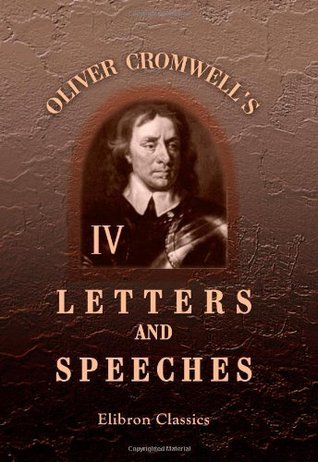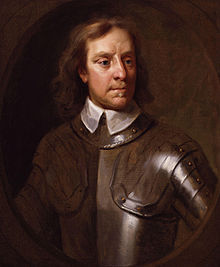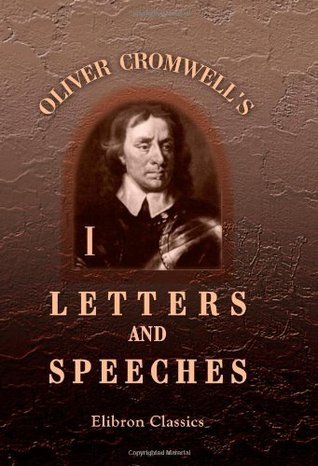
Part of Series
Authors

Thomas Carlyle, Scottish historian, critic, and sociological writer. was born in the village of Ecclefechan, Dumfriesshire, eldest child of James Carlyle, stonemason, and Margaret (Aitken) Carlyle. The father was stern, irascible, a puritan of the puritans, but withal a man of rigid probity and strength of character. The mother, too, was of the Scottish earth, and Thomas' education was begun at home by both the parents. From the age of five to nine he was at the village school; from nine to fourteen at Annan Grammar School. where he showed proficiency in mathematics and was well grounded in French and Latin. In November 1809 he walked to Edinburgh, and attended courses at the University till 1814, with the ultimate aim of becoming a minister. He left without a degree, became a mathematical tutor at Annan Academy in 1814, and three years later abandoned all thoughts of entering the Kirk, having reached a theological position incompatible with its teachings. He had begun to learn German in Edinburgh, and had done much independent reading outside the regular curriculum. Late in 1816 he moved to a school in Kirkcaldy, where he became the intimate associate of Edward Irving, an old boy of Annan School, and now also a schoolmaster. This contact was Carlyle's first experience of true intellectual companionship, and the two men became lifelong friends. He remained there two years, was attracted by Margaret Gordon, a lady of good family (whose friends vetoed an engagement), and in October 1818 gave up schoolmastering and went to Edinburgh, where he took mathematical pupils and made some show of reading law. During this period in the Scottish capital he began to suffer agonies from a gastric complaint which continued to torment him all his life, and may well have played a large part in shaping the rugged, rude fabric of his philosophy. In literature he had at first little success, a series of articles for the Edinburgh Encyclopaedia bringing in little money and no special credit. In 1820 and 1821 he visited Irving in Glasgow and made long stays at his father's new farm, Mainhill; and in June 1821, in Leith Walk, Edinburgh, he experienced a striking spiritual rebirth which is related in Sartor Resartus. Put briefly and prosaically, it consisted in a sudden clearing away of doubts as to the beneficent organization of the universe; a semi-mystical conviction that he was free to think and work, and that honest effort and striving would not be thwarted by what he called the "Everlasting No." For about a year, from the spring of 1823, Carlyle was tutor to Charles and Arthur Buller, young men of substance, first in Edinburgh and later at Dunkeld. Now likewise appeared the first fruits of his deep studies in German, the Life of Schiller, which was published serially in the London Magazine in 1823-24 and issued as a separate volume in 1825. A second garner from the same field was his version of Goethe's Wilhelm Meister which earned the praise of Blackwood's and was at once recognized as a very masterly rendering. In 1821 Irving had gone to London, and in June 1821 Carlyle followed, in the train of his employers, the Bullers. But he soon resigned his tutorship, and, after a few weeks at Birmingham, trying a dyspepsia cure, he lived with Irving at Pentonville, London, and paid a short visit to Paris. March 1825 saw him back; in Scotland, on his brother's farm, Hoddam Hill, near the Solway. Here for a year he worked hard at German translations, perhaps more serenely than before or after and free from that noise which was always a curse to his sensitive ear and which later caused him to build a sound-proof room in his Chelsea home. Before leaving for London Irving had introduced Carlyle to Jane Baillie Welsh daughter of the surgeon, John Welsh, and descended from John Knox. She was beautiful, precociously learned, talented, and a brilliant mistress of cynical satire. Among her numerous suitors, the rough, uncouth

Oliver Cromwell was an English military and political leader and later Lord Protector of the Commonwealth of England, Scotland and Ireland. Born into the middle gentry, Cromwell was relatively obscure for the first 40 years of his life. After undergoing a religious conversion in the 1630s, he became an independent puritan, taking a generally (but not completely) tolerant view towards the many Protestant sects of his period. An intensely religious man—a self-styled Puritan Moses—he fervently believed that God was guiding his victories. He was elected Member of Parliament for Huntingdon in 1628 and for Cambridge in the Short (1640) and Long (1640 – 49) Parliaments. He entered the English Civil War on the side of the "Roundheads" or Parliamentarians. Nicknamed "Old Ironsides", he was quickly promoted from leading a single cavalry troop to become one of the principal commanders of the New Model Army, playing an important role in the defeat of the royalist forces. Cromwell was one of the signatories of King Charles I's death warrant in 1649, and, as a member of the Rump Parliament (1649–53), he dominated the short-lived Commonwealth of England. He was selected to take command of the English campaign in Ireland in 1649–50. Cromwell's forces defeated the Confederate and Royalist coalition in Ireland and occupied the country – bringing to an end the Irish Confederate Wars. During this period a series of Penal Laws were passed against Roman Catholics (a significant minority in England and Scotland but the vast majority in Ireland), and a substantial amount of their land was confiscated. Cromwell also led a campaign against the Scottish army between 1650 and 1651. On 20 April 1653 he dismissed the Rump Parliament by force, setting up a short-lived nominated assembly known as the Barebones Parliament, before being invited by his fellow leaders to rule as Lord Protector of England, Wales, Scotland and Ireland from 16 December 1653. As a ruler he executed an aggressive and effective foreign policy. After his death from natural causes in 1658 he was buried in Westminster Abbey, but after the Royalists returned to power in 1660 they had his corpse dug up, hung in chains, and beheaded. Cromwell is one of the most controversial figures in the history of the British Isles, considered a regicidal dictator by historians such as David Hume, a military dictator by Winston Churchill, but a hero of liberty by Thomas Carlyle and Samuel Rawson Gardiner. In a 2002 BBC poll in Britain, Cromwell was selected as one of the ten greatest Britons of all time. However, his measures against Catholics in Scotland and Ireland have been characterised as genocidal or near-genocidal, and in Ireland his record is harshly criticised.
